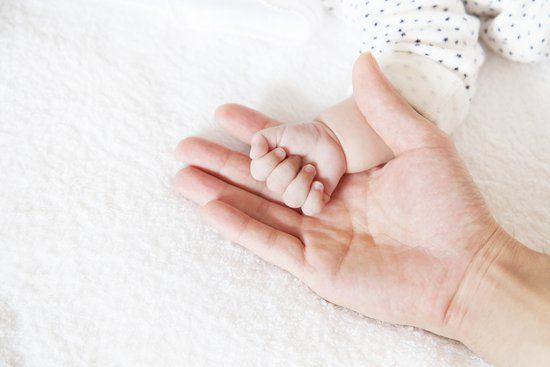Should you worry about complications from IVF? A new report by the Royal College of Obstetricians and Gynaecologists says that IVF births are more at risk of premature births, low birth weights and congenital abnormalities.
Going through infertility treatment is stressful enough without worrying that you and your longed-for baby are at risk of complications, but it’s important to remember that this new research also shows that the vast majority of IVF children are perfectly healthy.
All pregnancies – whether naturally-conceived or with the help of infertility treatment – carry a risk, and the researchers also point out that the apparent increased risk to IVF babies could be attributed to other underlying causes – such as the age of the mother. Because thanks to modern infertility treatment techniques, it’s now possible for older women to have children via IVF.
And the fact that IVF can increase the chance of twin and triplet births and their associated complications, because of the replacement of more than one embryo during treatment.
It’s why many clinics including Manchester Fertility now adopt a Single Embryo Transfer (SET) policy. This means that in good prognosis patients who have a good chance of success, we will recommend transferring only one embryo. Statistics have shown that since the HFEA brought in SET guidelines to help reduce the number of twin and triplet births, pregnancy rates for IVF have remained steady – proving that transferring only one embryo doesn’t affect your chance of pregnancy. But we always use your medical history and circumstances when looking at whether SET is the right option for you.
If you are at all concerned about the risks associated with infertility treatment in general, please don’t hesitate to contact us. We’d be more than happy to chat with you and put your mind at rest.
Last updated: 20th January 2020



